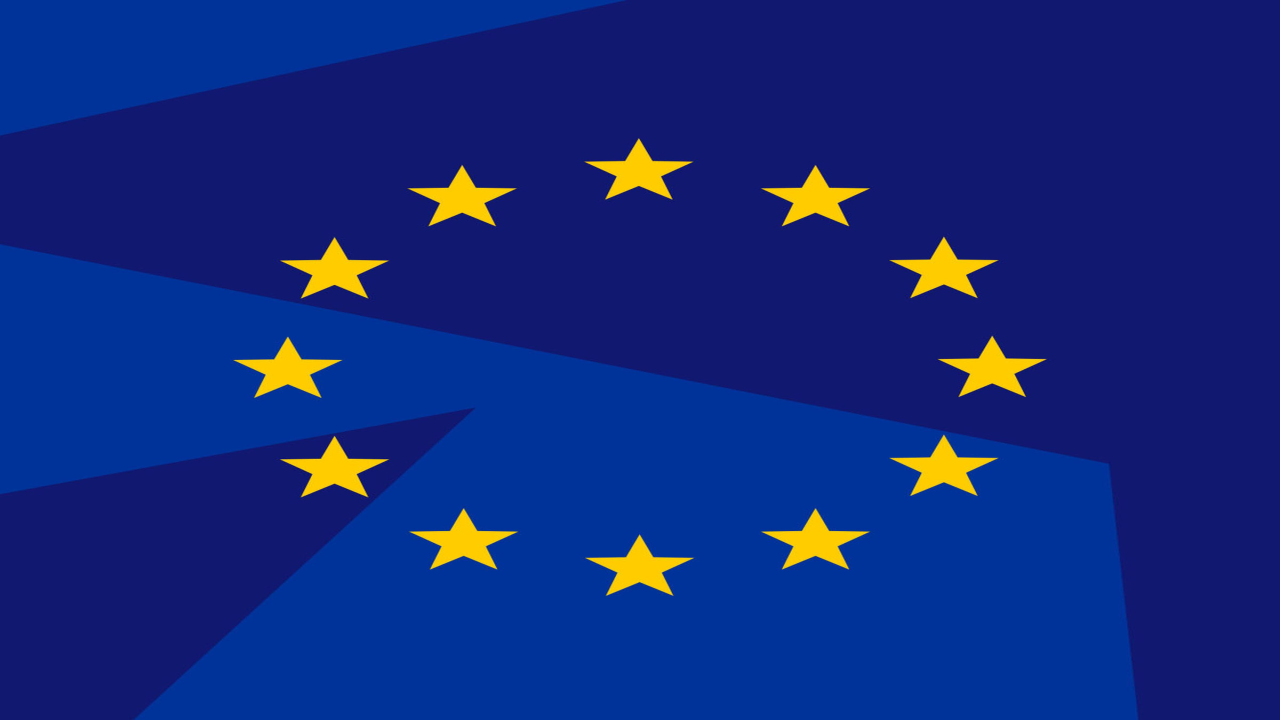The EU AI Act: What You Need to Know About the Sweeping AI Regulations
Learn about the EU AI Act and its implications for artificial intelligence regulation. Discover the key provisions and the potential impact on the industry.

The European Union (EU) has recently passed a landmark legislation known as the AI Act, which brings forth comprehensive regulations for artificial intelligence (AI) technology. This article explores the key aspects of the AI Act and its potential implications for the industry.
The AI Act, approved by EU lawmakers, aims to prohibit certain uses of AI technology and introduce transparency requirements for AI providers. It has undergone rigorous debate and several revisions since its initial proposal in 2021. While some of the strictest regulations, such as a proposed ban on biometric systems for mass public surveillance, have been softened through last-minute compromises, the AI Act is still expected to have a significant impact on the industry.
Under the AI Act, prohibited AI systems include those involved in social scoring, emotion recognition in workplaces and schools, and systems designed to influence behavior or exploit user vulnerabilities. Additionally, high-risk AI systems, such as those applied to critical infrastructure, education, vocational training, law enforcement, and democratic processes, will be subject to stricter rules.
The enforcement and implementation of the AI Act will occur in stages. Countries will have a six-month period to ban prohibited AI systems, followed by 12 months to enforce rules against general-purpose AI systems like chatbots. AI systems designated as high-risk will have up to 36 months for compliance.
The AI Act has received mixed reactions. While it is considered a crucial step towards ensuring responsible AI development and use, some critics argue that the strict regulations could hinder innovation and make the EU less attractive for AI companies. Concerns have been raised about the potential challenges faced by European AI startups in raising capital under these regulations, potentially giving an advantage to American companies.
One notable aspect of the AI Act is its approach toward data protection. While the EU has pioneered data protection laws through the General Data Protection Regulation (GDPR), the AI Act does not introduce new laws around data collection. Instead, it requires companies to to existing GDPR guidelines. The act also does not apply its fines to open-source developers, researchers, and smaller companies working further down the value chain.
The AI Act's implementation could have broader implications on AI regulation worldwide. The EU's transparent and heavily debated development process may serve as a model for other regions and encourage governments to review their existing regulations. It may also prompt policymakers in the United States to consider similar approaches or expand data transparency rules.
While the AI Act does not retroactively regulate existing AI models or applications, future versions of AI models developed by major players like OpenAI, Meta, and Google will need to comply with the transparency requirements set by the EU. This indicates the EU's stance on AI and its commitment to responsible and accountable AI development.
In conclusion, the EU AI Act represents a significant milestone in AI regulation. As the EU prepares to implement and enforce the act, the industry awaits the potential impact on AI development, transparency, and accountability. It also sets a precedent for other regions to consider similar regulations, shaping the future of AI governance worldwide.
What's Your Reaction?





















